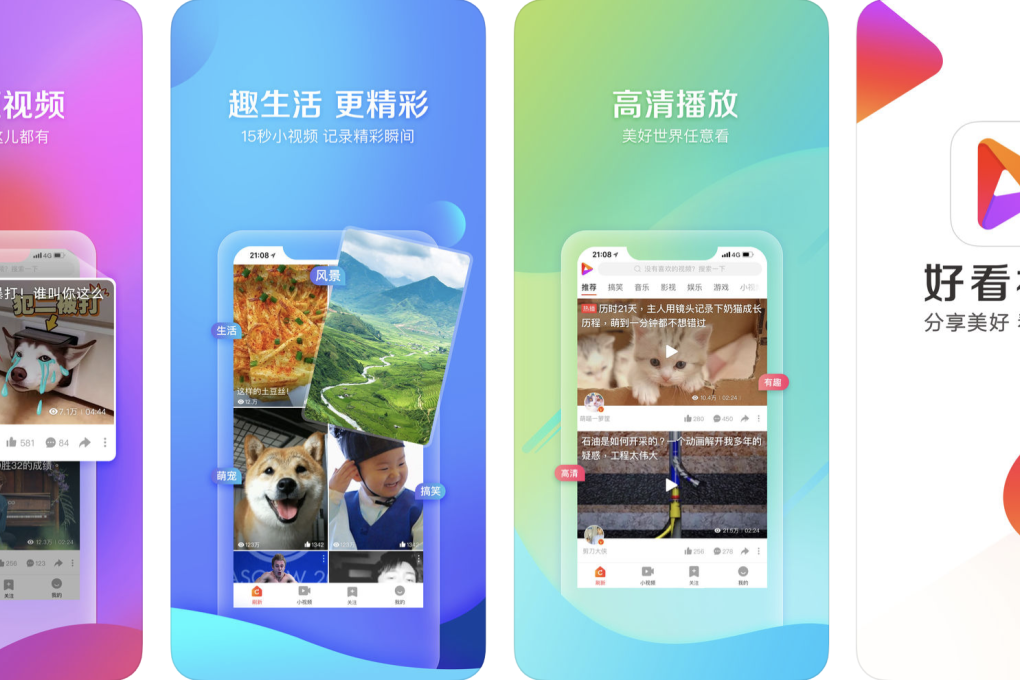Advertisement
WeChat blocks sharing of short videos from a Baidu app
Tencent’s super app allows the company to battle rivals
Reading Time:3 minutes
Why you can trust SCMP

This article originally appeared on ABACUS
China’s Great Firewall blocks a lot of foreign sites. But inside China, sites and apps are blocking each other too.
Users found that their WeChat contacts cannot see links they shared from Haokan -- a short video app made by Baidu, according to Chinese media reports.
Meet Baidu, China’s homegrown search engine
Tencent responded by saying that Baidu’s Haokan had broken WeChat’s link sharing rules with “earning online” behavior. When we asked WeChat to clarify what that means, a spokesperson sent us a screenshot of Haokan, where the app says users will be rewarded by cash for getting other users to sign up.
Advertisement
WeChat said to Chinese media that it’s against WeChat link sharing rules -- but the term “earning online”, or “Wangzhuan”, does not appear in WeChat’s external link regulation.
Baidu posted a statement on Weibo saying that they’re “deeply sorry” about WeChat’s double standards, claiming that WeChat still allows similar behavior from its own Weishi short video app.
Advertisement
WeChat has essentially become China’s mobile operating system, where people can find virtually all of their daily online services, but that’s largely for Tencent’s own ecosystem of services. Some of its rivals are walled off from the country’s biggest social network, giving Tencent tremendous power.
WeChat, the app that does everything
Advertisement
Select Voice
Select Speed
1.00x